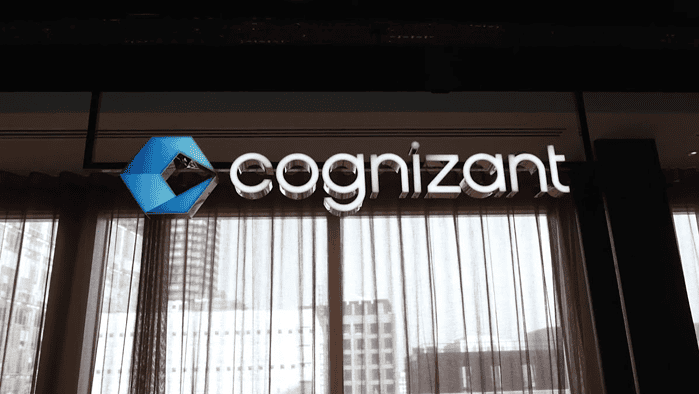Cognizant uses MS Copilot and sets an example for your company
It's not the first collaboration between the two companies
Key notes
- Microsoft’s AI tool Copilot sees success, with Cognizant purchasing 25,000 seats.
- The partnership aims to deploy Copilot across industries and build on previous collaborations.
- Cognizant trains developers in Copilot use, focusing on healthcare and other sectors.

Microsoft has been one of the forefront companies in the recent AI boom. There’s no secret in that. The Redmond tech giant’s Copilot AI assistance tool helped them record good numbers in revenue and even catered to business with the Copilot for Microsoft 365 subscription plan.
Now, Cognizant is partnering up with Microsoft to adopt generative AI. The global IT services firm said in a press release on Monday that it’s purchasing 25,000 seats of Copilot for Microsoft 365 for its associates, alongside another 500 Sales Copilot & 500 Services Copilot seats.
“In addition, Cognizant will work to deploy Microsoft 365 Copilot to a million users within their global 2000 clients and across 11 industries,” the company promises, wanting to set an example of how companies adopt generative AI.
And, as a part of the deal, Cognizant trained 35,000 developers to use GitHub Copilot, Microsoft’s code completion tool and sent another 40,000 to training. Using Copilot Studio and large models, the two companies are focusing on areas like healthcare, retail, finance, and more.
And it’s not the first time Microsoft and Cognizant teamed up. Earlier this year, Cognizant extended its partnership with the Redmond company to integrate Cognizant’s TriZetto products with Microsoft Cloud for Healthcare, run its healthcare software on Azure, and move clients to the cloud.
“Cognizant is already leveraging Microsoft Generative AI technology with its TriZetto platform, to help payers and providers reduce hidden costs and enable better patient outcomes for millions of Americans,” the Redmond company says further.
Read our disclosure page to find out how can you help MSPoweruser sustain the editorial team Read more




User forum
0 messages